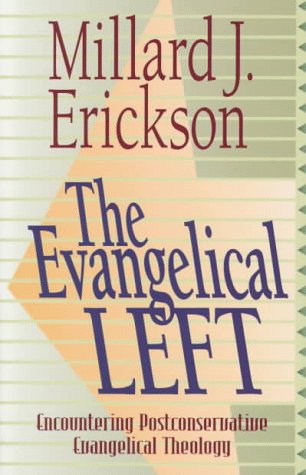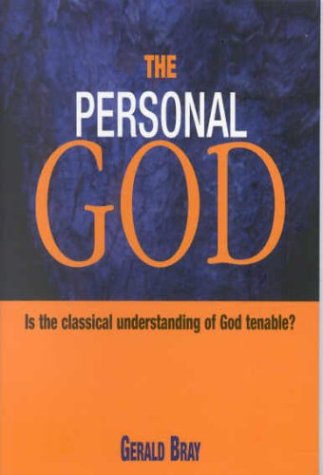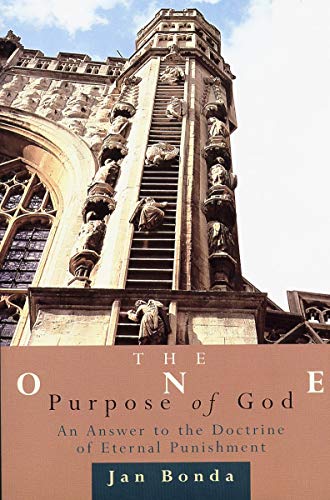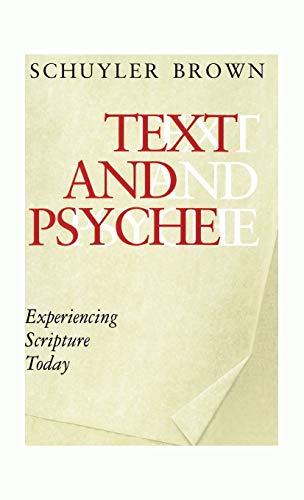Interpreting God’s Plan: Biblical Theology and the Pastor
Written by R. J. Gibson (ed.) Reviewed By Tony GrayBiblical theology as exemplified in the work of Graeme Goldsworthy and others has been becoming popular in a number of circles over recent years. Goldsworthy’s Gospel and Kingdom in particular has brought his tripartite understanding of Scripture to the attention of many students and provided a framework for not only understanding Scripture, but also for interpreting Scripture. This collection of essays, originally presented at Moore College Australia in 1996, brings together much needed reflections on this form of Biblical theology.
An opening essay by Donald Robinson outlines the interesting historical background to the teaching of biblical theology at Moore. Perhaps the most helpful of all the essays comes second, by Goldsworthy himself, on the viability of biblical theology. It provides a well reasoned and crucial defence of the approach, much needed when globally there are numerous interpretations of the phrase ‘biblical theology’ amongst the theological community. Along the way there is critique of Brevard Childs’ canonical approach, of some of the surprising omissions of Geerhardus Vos, and a defence of the kingdom of God as a central theme in reaction to Charles Scobie’s criticisms. Goldsworthy also provides a helpful definition of biblical theology, and sees its understanding as intimately tied to an evangelical doctrine of Scripture. One point of difficulty may concern his use of the principle of non-contradiction as an extra-biblical source for evaluating claims, yet this is a criticism that may be levied at many such doctrines of Scripture.
Barry Webb relates the issue of biblical theology to interpretation, with some comment on contemporary hermeneutical issues. He explores the relationship between the various theological disciplines, uses Mark 1:14, 15 as a starting point for biblical theology and mounts a helpful defence of the need for historical as well as biblical context to be taken into account when interpreting Scripture. Webb also brings a useful reminder of the need for repentance in true biblical interpretation, and the role of the Spirit.
Peter Jensen interacts with an article by Packer as he looks at the role of the pastor in teaching doctrine. There are some salutary reminders of the need for the teaching of good doctrine, although at times it seems as if no pastor would be fit for such a job! Michael Hill follows with an exploration of the link between biblical theology and ethics, arguing that as biblical theology sees Jesus as the key to correct biblical interpretation, so Jesus is the key to true ethical reflection and understanding. Finally, Goldsworthy concludes the collection with a look at the pastor as biblical theologian.
There are three criticisms that can be made of this book. Firstly, it is a shame that a number of irritating typographical mistakes detract from the book’s cohesion. Second, it seems unnecessary that some of the authors include unhelpful side-swipes at experiential Christianity, and at the notion of ‘balance’ (which Goldsworthy does attempt to defend). Finally, although this is a charge which the authors cannot be held responsible for, it is a pity that their work came too early to interact with two recent but important works—those of Kevin Vanhoozer on hermeneutics (Is there a meaning in this text?), and James Barr on biblical theology (The Concept of Biblical Theology An Old Testament Perspective). Barr’s work is vital for reflecting on the future of biblical theology, and Vanhoozer’s for understanding biblical theology against the background of contemporary hermeneutics (Webb’s article does in fact reflect some of Vanhoozer’s thinking).
Having said all that, this collection is invaluable. It provides accessible but rigorous reflection on the task and nature of biblical theology and will benefit scholar, pastor and student alike. Highly recommended.
Tony Gray
Oxford







